The world is not comprehensible, but it is embraceable: through the embracing of one of it's beings
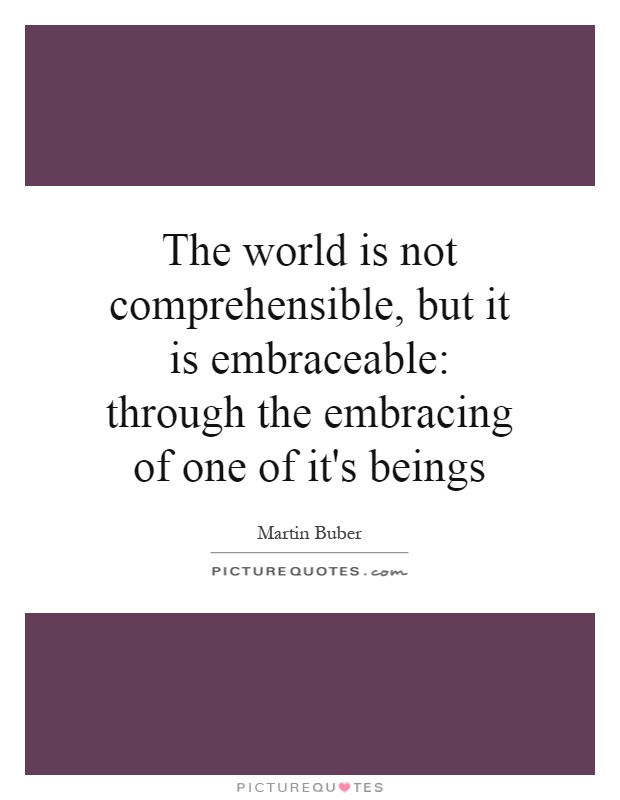
The world is not comprehensible, but it is embraceable: through the embracing of one of it's beings
Martin Buber, a prominent Jewish philosopher and theologian, believed in the importance of human relationships and the interconnectedness of all beings. One of his most famous quotes is, “The world is not comprehensible, but it is embraceable: through the embracing of one of its beings.” This statement encapsulates Buber’s philosophy of relational ontology, which emphasizes the significance of genuine human connections in understanding the world and our place in it.Buber’s concept of the “I-Thou” relationship is central to his philosophy. In an “I-Thou” relationship, individuals engage with one another as unique and whole beings, recognizing each other’s humanity and interconnectedness. This type of relationship is characterized by mutual respect, empathy, and openness, allowing for a deep and meaningful connection to be formed. Through embracing another being in an “I-Thou” relationship, one can transcend the limitations of the self and experience a sense of unity with the other.
Buber believed that through these authentic relationships, individuals could come to a deeper understanding of themselves, others, and the world around them. By embracing another being, one can gain insight into the complexities of human existence and the interconnectedness of all beings. This act of embracing allows for a more holistic and compassionate view of the world, fostering a sense of unity and interconnectedness among all living things.
Furthermore, Buber’s philosophy emphasizes the importance of presence and engagement in relationships. He believed that true understanding and connection could only be achieved through genuine and authentic encounters with others. By fully embracing another being in an “I-Thou” relationship, individuals can cultivate a sense of empathy, compassion, and interconnectedness, leading to a deeper understanding of themselves and the world around them.
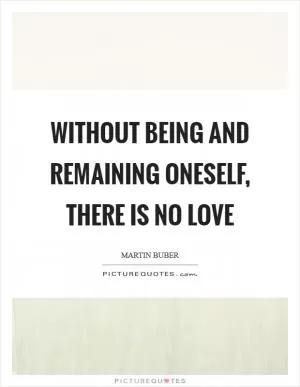

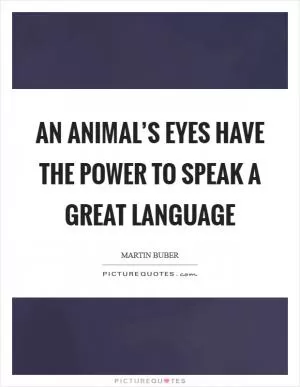

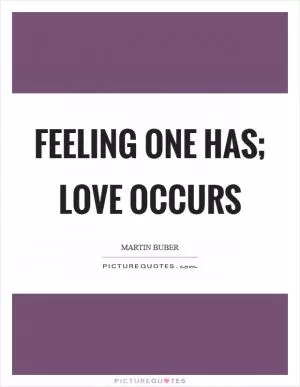
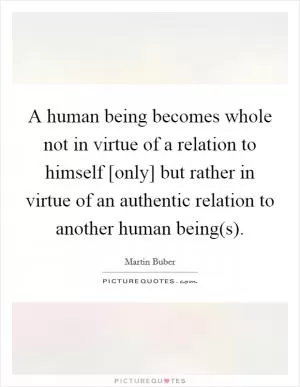
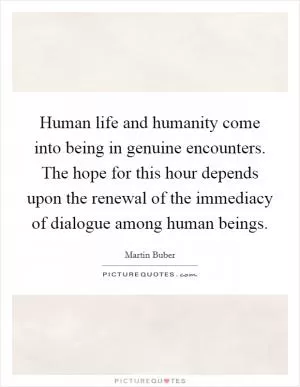



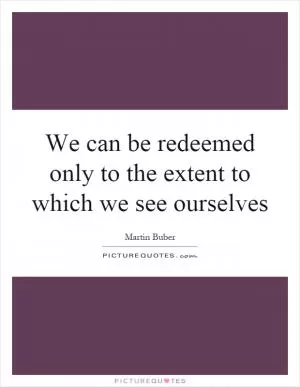

 Friendship Quotes
Friendship Quotes Love Quotes
Love Quotes Life Quotes
Life Quotes Funny Quotes
Funny Quotes Motivational Quotes
Motivational Quotes Inspirational Quotes
Inspirational Quotes